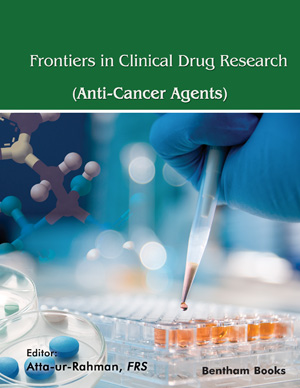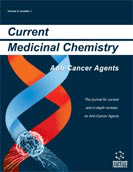Abstract
Prostate Cancer (PCa) is a major global health burden with alarming epidemiological indices. Research advances in this area have revealed complex molecular aspects associated with the disease, thus necessitating the novel development of diagnostic methods and therapeutic strategies. The main molecular target is the androgen receptor (AR), which is involved in both normal development and malignant transformation. However, many patients become resistant to conventional treatments, and the disease progresses to a castration-resistant stage (CRPC) in which tumor aggressiveness is driven by a constitutive activation of AR signaling. Tremendous effort has been made for elucidating CRPC and chemoresistance. In fact, multiple signaling pathways are related to the insurgence and maintenance of CRPC, highlighting the need for continuously updating such a complex scenario. Different drugs have been tested and used for CRPC treatment, facing unfavorable heterogeneity and leading to substantial morbidity and mortality. Thus, the clinical impact of advanced PCa with poorer outcomes still underscores the need for new compounds. The discovery and current use of natural products has given way to promising possibilities, offering alternative tools that aim to control the disease and to better manage patients. These natural products are versatile and effective molecules with different mechanisms of action and structures. In the present chapter, we explore the challenges of PCa and describe recent scientific contributions in this field, with special attention devoted to CRPC. We also discuss and suggest natural products as potential novel anti-tumor agents to overcome clinical limits and to treat and cure CRPC patients.
Keywords: Castration-Resistant, Chemotherapy, Phytochemicals, Prostate Cancer, Treatment.






















